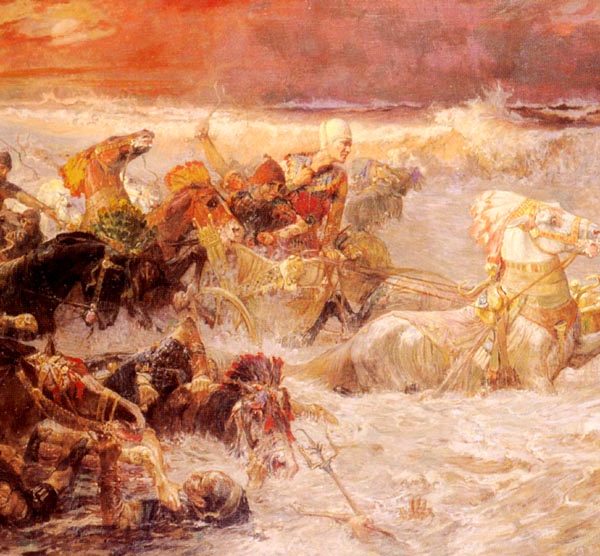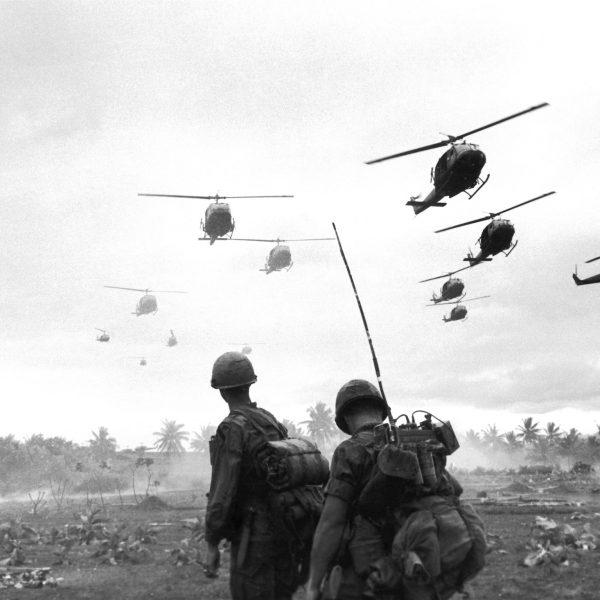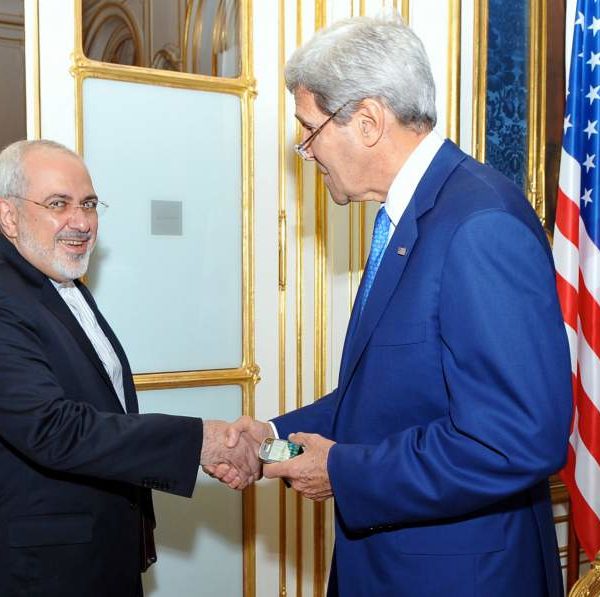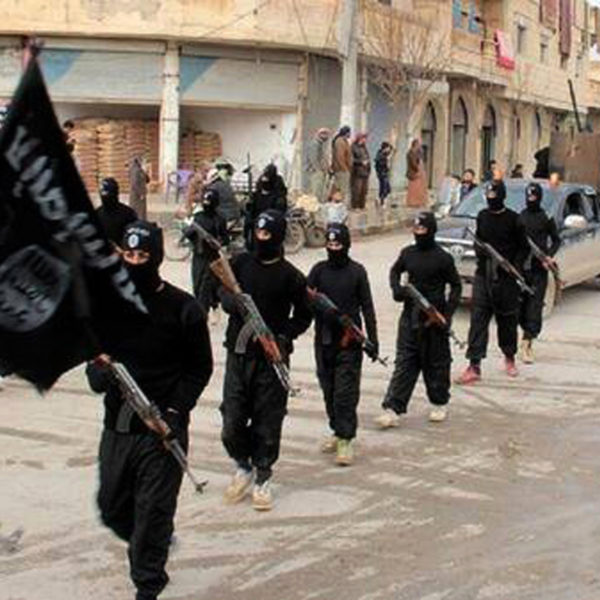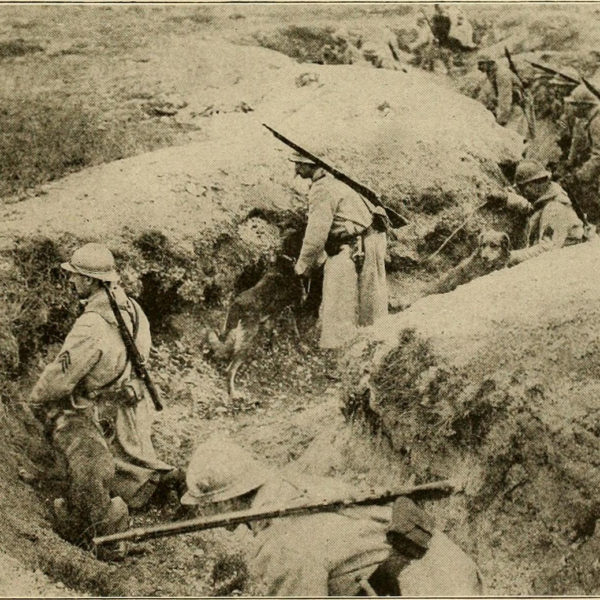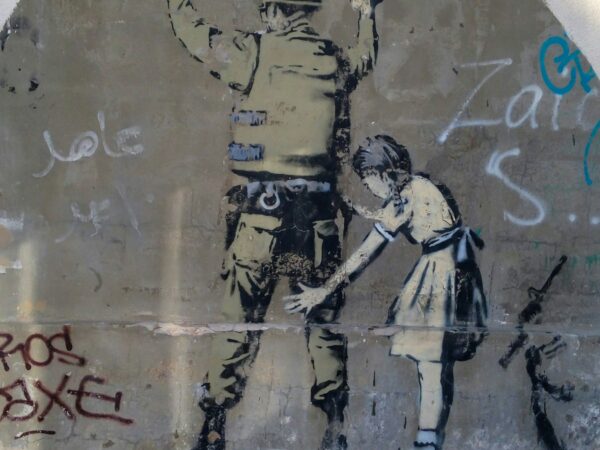
As we reflect on what it means to resist vulnerability and consolidate military power, much could be said in connection to our own political moment. Given the proliferation of weapons of war and the investment in such weaponry by nation-states and stakeholders who see buying shares in war-related machinery and technology as a profitable enterprise, the privileging of a good heart—“the LORD looks on the heart”—is a most urgent political posture.
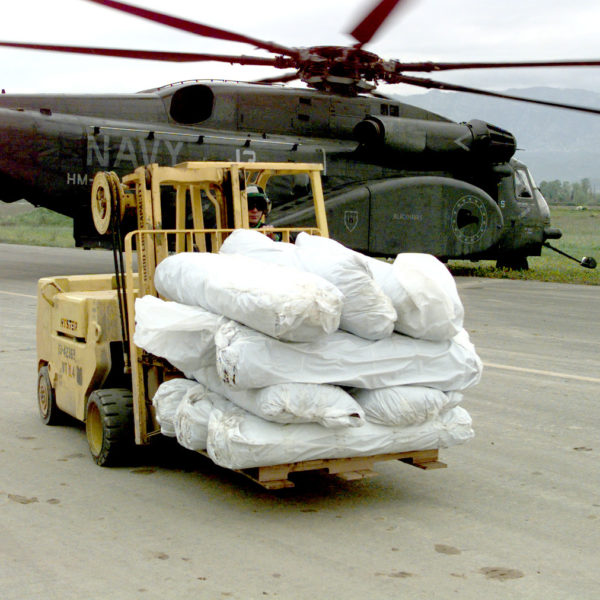
NATO’s humanitarian war in Kosovo in 1999 provides the context for the central idea of this book. In that conflict, the puzzling linkage between the desire to advance human rights and military means raises far-reaching questions about the role of rights in shaping international wars. Is it possible to understand or explain wars as an outcome of perceptions of rights? How did rights, be they divine rights in the Middle Ages, territorial rights in the eighteenth century, or human rights today, become something that people are willing to fight and die for?
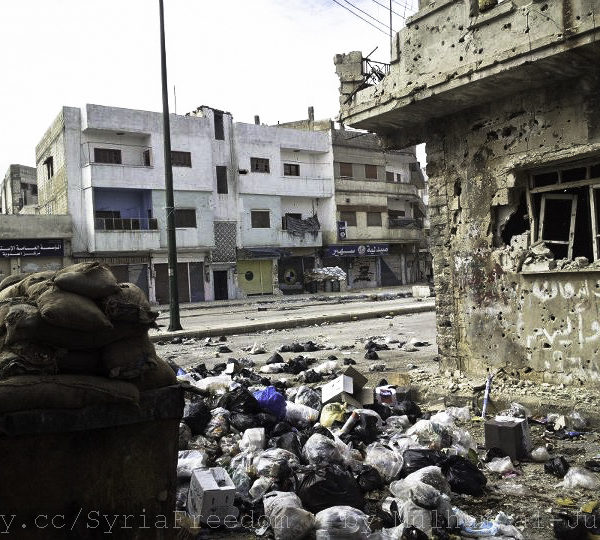
In his When War Is Unjust: Being Honest in Just-War Thinking, theologian John Howard Yoder asks, “Can the criteria function in such a way that in a particular case a specified cause, or a specified means, or a specified strategy or tactical move could be excluded? Can the response ever be ‘no’?” (Orbis 1996, p. 3) In my judgment, the present crisis in Syria is indeed a particular case where a just war response is “no.”

